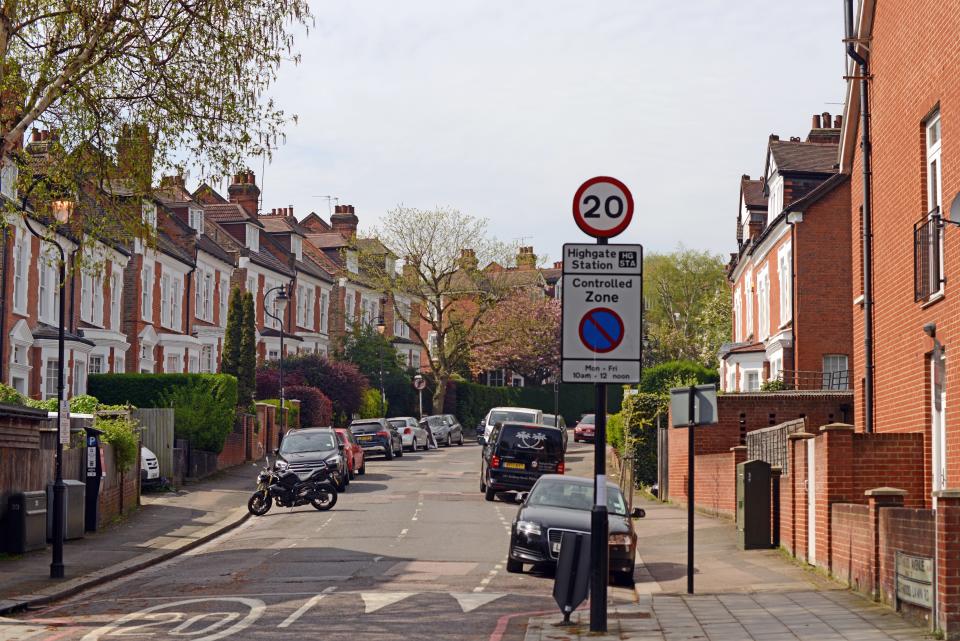Will inflation mean you have to pay more for your mortgage?

The post-pandemic spending spree as a nation emerging from lockdown begins splurging on food, drink, and travel is pushing up inflation, with potentially worrying implications for homeowners.
Inflation is now running at 2.1 per cent – slightly above the Bank of England’s target rate for the first time in almost two years. Last summer rates dropped as low as 0.2 per cent.
This has led some pundits to speculate that the Bank may raise the base rate from the current record low of 0.1 per cent, in a bid to dampen spending, which would mean borrowers paying more for mortgages and loans.
But Ray Boulger, senior technical director at mortgage broker John Charcol, suspects the Bank will take a steadier view of the situation.
“The Bank of England has indicated it is prepared to look through short term increases in inflation,” he said. “There is so much uncertainty still in the economy, particularly as the furlough scheme comes to an end, that I think it will be reluctant to increase rates by very much or very quickly.”
He thinks an interest rate rise is unlikely this year, although by summer 2022 mortgage rates may well be “a little” higher than they are today.
How cheap are mortgages now?
The Bank of England’s latest credit report, published in April, found that average mortgage interest rates currently stand at just over two per cent, compared to almost six per cent in 2008.
Current rates are so low that one recent study by Savills found that mortgage borrowers are paying out less in interest than at any time in the past two decades – and that is despite increases in house prices in that period.
Should I panic about interest rate rises?
And while increases in interest rates are clearly not good news for borrowers, neither are they a cause for immediate panic.
If, for example, you had borrowed £430,000 over 25 years at an interest rate of 2.5 per cent your monthly mortgage would cost £1,929.
If rates went up a quarter of a per cent that would increase to £1,983, or just over £50.
Boulger even thinks lower rates could be on the cards for borrowers with small deposits, and more and more lenders start offering products for those with just five per cent to put down. “I would not be surprised to see falls at lower LTV (loan to value) because there is a bit more competition out there,” he said.

 Yahoo Finance
Yahoo Finance 